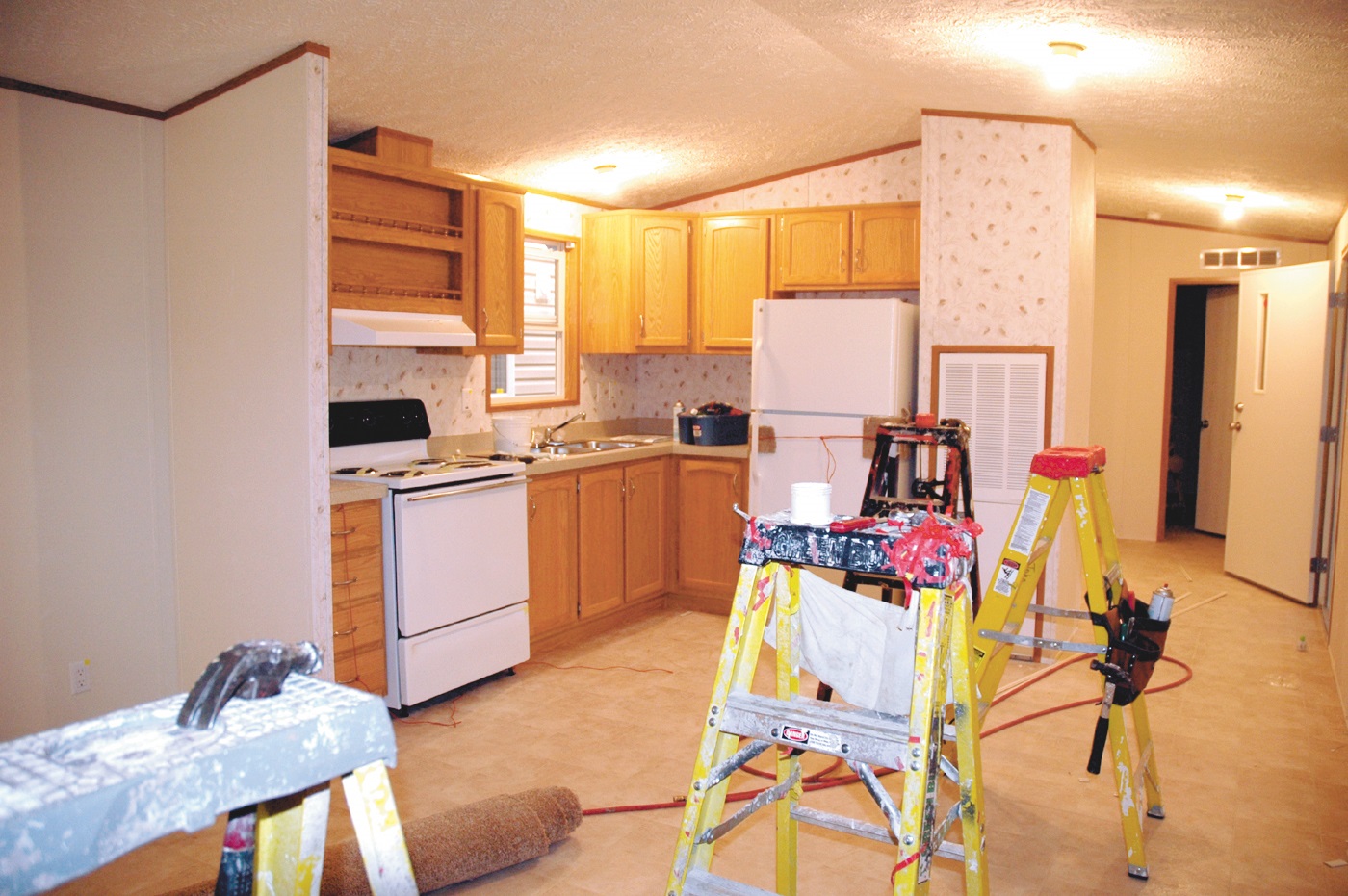Almost everyone has an opinion on real estate in Canada at the moment. Those who own their homes keenly track price increases and trends in their region to keep a tab on how much their home value has increased. Those who don’t own homes watch prices all the same, to find out what they can afford, and where.
For investors looking beyond single-family homes, or other residential real estate, there are some pockets of value in Canadian real estate next year, says Keith Reading, Director of Research at Morguard Corporation.
“The top investments for 2019 will be between industrial property and multi-unit residential properties”, Reading argues.
Multi-unit residential properties still make investment sense
Multi-unit residential properties were a hot bet this year too. Especially over the longer term, 15-20 years or more, as these units are expected to cash better and have better stability and cap rates.
This is expected to remain the case in 2019. “We expect to see a continued rise in rents, low vacancies, and strong demand for multi-unit residential properties”, Reading says.
Affordability of homes and condos will continue to be an issue for many potential home-buyers, so demand for rental apartments will continue to be strong, he says, noting that another key positive on the demand side is an ageing population.
“As people age, we see a preference for apartments, as a stage in between individual home ownership and retirement communities,” he says.
As demand holds strong, vacancies in major markets are also reducing. The national vacancy rate is down to around 3% for 2018, down from 3.2% last year. Reading expects the national vacancy rate to hold at or near the cycle low, resulting in modest upward pressure on monthly rent averages for the multi-suite residential sector.
Demographic shifts, housing conditions and migration patterns will continue to boost rental demand, while low levels of new construction activity will provide little relief from the shortage of vacant units available for prospective renters, and as a result, he expects multi-unit residential properties to still be a good investment bet in 2019.
Industrial properties still hold strong
“Industrial properties have fundamentals similar to multi-unit residential properties,” Reading notes, pointing out that vacancies are at historic lows in most provinces except Alberta.
Rents are rising, and in most places, demand has surpassed supply. “The supply of functional space will continue to fall short of demand in Toronto, Montreal and Vancouver. The rising cost of land and construction and municipal development charges will continue to reduce the volume of new properties in 2019. As a result, there will continue to be a measure of demand-supply imbalance in industrial property”, he notes.
The hottest investment markets are the Greater Toronto Area and the Greater Vancouver Area, while the next level are Montreal, Ottawa, Winnipeg and Hamilton, Reading says.
He points to Calgary and Edmonton as the exceptions, noting that these cities are a good buy if you are willing to go through some years of pain in the short term, at least two to three years, if not more.
What about home prices?
Part of the interest in Canadian real estate is fueled by the eye-watering price rises over the past five-odd years. In the past five years, on average, home prices in Canada have increased by 45.1%. In Greater Vancouver, prices are up 76.8%, while Greater Toronto prices are up 60.6%. Greater Montreal is up 15.5%, according to the Canadian Real Estate Association.
Over the next year, it is unlikely that there will be a significant appreciation, but neither is a correction expected. In general, experts expect stability in the residential housing market.
“In 2019, we expect to see markets stabilize, and reach a sustainable level of residential price growth. We also expect to see more listings, so investors will get more of a choice in the residential market”, says Reading.
Alternatives to buying property
For investors who do not want to invest in a property but still want exposure to real estate, there are a few options.
For more conservative investors, REITs or real estate investment trusts, might be a good bet.
“When picking a REIT, investors should look at the REIT’s balance sheet, the underlying assets it holds, its past track record, and management, for cues on whether it is a good bet or not,” advises Reading. In the short to immediate term, he recommends investors look at REITs whose underlying assets are in multi-unit residential properties or industrial properties.
“Investors with a higher risk appetite could look at private funds that directly invest in real estate, or debt funds that have a real estate exposure”, he says.









:quality(80)/cloudfront-us-east-1.images.arcpublishing.com/morningstar/UZ3HRYPOGRGF3NPCGMXDQ2PIVE.png)










